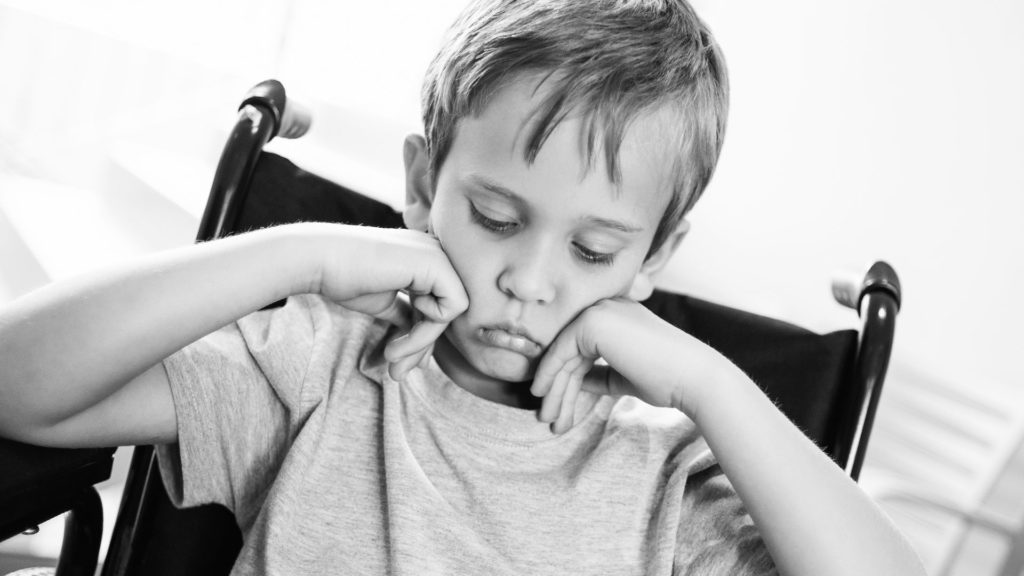How Mentoring can Support Mental Wellbeing in Younger Children
The importance of mental health is increasingly recognised as paramount for people of all ages. However, even though this is the case, mental wellbeing of younger children can often get overlooked or underestimated. The formative years of childhood play a crucial role in shaping mental health for life, so it is key to recognise the importance of mental wellbeing from a young age. Younger children are developing their foundations for their self-esteem, confidence and full emotional intelligence. Mentoring is one way to support the mental health of children as they grow and ultimately discover who they are and who they want to become.
The Early Years Matter
Childhood is a time of immense growth and development, not just physically but mentally and emotionally as well. It’s a period where children learn to navigate the complexities of the world around them, form relationships, and understand their own emotions. However, this journey isn’t always smooth sailing. Young children face various challenges that can impact their mental health, from academic pressures to social dynamics and family dynamics.

The Silent Struggle
Despite the significance of mental health in early childhood, there’s often a silence surrounding the struggles that children face. Mental health issues in children can manifest differently than in adults, making them harder to detect. Moreover, stigma and misconceptions surrounding mental health can further discourage children from seeking help or expressing their feelings openly.
The Power of Mentoring
This is where mentoring can play a part. Mentoring involves the supportive guidance of a caring adult who can offer a listening ear, provide guidance, and serve as a positive role model for the child. Mentors can be teachers, family members, or volunteers from the community. Regardless of their background, what matters most is the genuine connection and support they offer to the child. We are lucky at Action4Youth to have two wonderful mentors who support young people from the ages of 12+.
Holly (pictured below), explains “Mentoring provides a safe space for who the young person wants to be, feel heard and a place to work on any issues they want to work on. We can support them with strategies to help them with certain areas, such as anger or anxiety.”

To learn more about mentoring for children as young as 5 years old, visit here.
Building Resilience
One of the key ways mentoring contributes to child mental health is by building resilience. Resilience is the ability to bounce back from adversity, and it’s a key skill young people will need throughout their life. Through their relationship with a mentor, children learn coping mechanisms, problem-solving skills, and the importance of perseverance. These lessons help them in their current stage and as they grow in the years to come.
Holly comments on the young people she mentors:
“I feel proud to be a part of their life and their journey. It’s amazing to be able to see how they improve from when I start working with them to the end and although that isn’t their ending, mentoring can go on to help them months down the line or even years, when they remember something they took away from our time together and it helps them in that current moment.”
Fostering Self-Esteem and Confidence
Mentoring also plays a vital role in fostering self-esteem and confidence in young children. Positive affirmations, constructive feedback, and encouragement from a mentor can help children develop a strong sense of self-worth. As they experience success and overcome obstacles with the support of their mentor, their confidence grows, empowering them to take on new challenges with optimism and determination.
Emotional Support and Validation
Perhaps most importantly, mentoring provides children with the emotional support and validation they need to navigate their feelings. In a safe and nurturing environment, children can express their emotions openly without fear of judgment. Mentors offer a listening ear, empathy, and validation, helping children feel seen, heard, and understood. This emotional connection not only strengthens the bond between mentor and mentee but also cultivates emotional intelligence and empathy.
In conclusion, the mental health of younger children is a critical yet often overlooked aspect of wellbeing. By investing in mentoring programmes and providing children with the support and guidance of caring adults, we can help nurture their mental health and set them on a path to lifelong resilience and wellbeing.

Mentoring is not just about imparting knowledge or skills; it’s about nurturing relationships, building trust, and empowering young people to thrive across all areas of their life. If you’d like to know more about mentoring at Action4Youth click here.
Please help us make this page more visible by sharing it through your own social networks.







